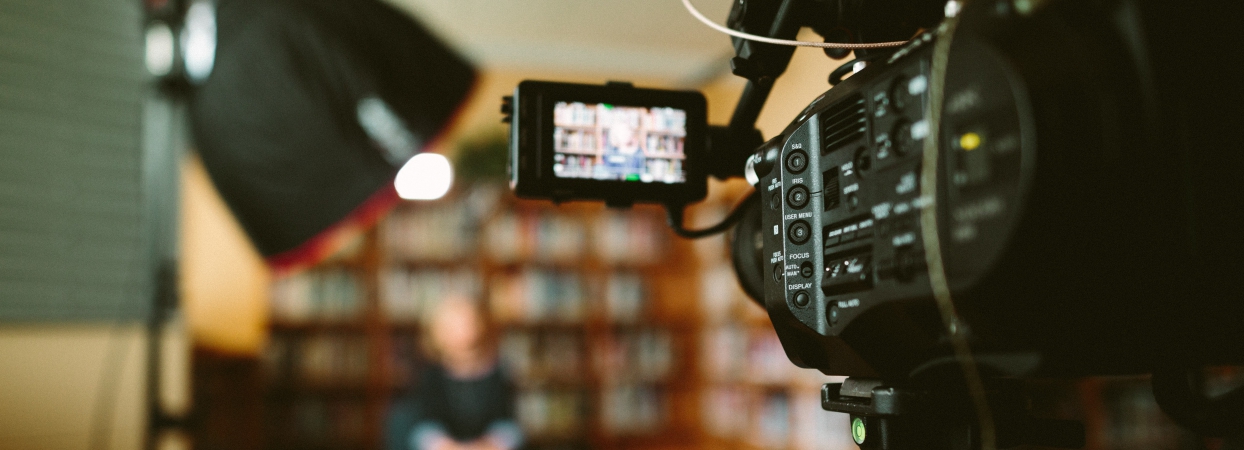Those companies in the habit of turning down every request for an interview could be missing out on opportunities to raise their profiles, and to establish themselves as organizational leaders. Speaking with journalists can be daunting, but with the right preparation and a few tips, it becomes easier to take advantage of these opportunities when they present themselves.
When being interviewed, it is important to focus on one or two key messages, and to weave them into each answer. There’s a need to think about what people will remember after reading or watching the interview. This will help with the development of a list of talking points, and will ensure that the company stays on message throughout the interview.
Research the Journalist and their Publication
When preparing for an interview, it helps to have some background information about the interviewing journalist and their publication. Be aware of what’s going on in the news and marketplace. This way, understanding the questions likely to be tossed becomes easier. Know the publication, producer, or reporter, and their audience. The more a company knows about them, the better prepared they will be for an interview.
A media interview can be a great opportunity to showcase a company and explain the benefits of its products or services. But going into one unprepared could be a disaster. An interviewer may ask questions that are difficult to answer on the spot, or even worse – they may ask the same question more than once in different ways. When this happens, accidental contradictions might occur, and may portray a business in an unfavorable light.
Tips for Gearing up for a Media Interview
The first step is to learn all that can be learned about the interview. The more information there is, the better the outcome of the interview. Try to find out as much as possible about the outlet, the reporter, and the audience for which the story is being written.
Next, companies should determine what to say and how to say it . This is where a well-crafted key message comes in handy. Once the message for the interview has been decided, the next thing to do is to decide on the best way to communicate it, and to decide on supporting points that will help do so.
Then, whoever is being interviewed should practice. Practice different scenarios and responses to various questions that could come up during the interview, until you feel comfortable with your message and delivery. Interviewees could also consider practicing with a friend or colleague who can offer feedback on their performance.
Prepare for the interview with practice runs. Friends and colleagues can act as reporters to help with questions that may be asked. Next is recording the soon-to-be interviewee answering these types of questions, so that answers can be reviewed later on to see where improvement is needed.
Enunciate and speak clearly. Before any media interview, ensure that the lighting is appropriate, and that there is no background noise interfering with the recording of the interview. Also, every word must be enunciated clearly when answering questions, so that answers will be easily understood by everyone watching, listening, or reading responses.
A media interview presents a golden opportunity to not just promote a product or service, but to also promote business owners and directors as experts. By revealing valuable information to the media that can be shared freely, companies can gain positive exposure . To prepare for an interview, it is important to think about topics that might be discussed, and then to write down three or four key points to communicate.
Finally, prepare yourself mentally for the interview. Get plenty of rest and eat a good meal before your interview, so that you are at your best during it.
How To Craft Press Releases and Announcements That Generate Strong Media Interest
Public relations plays a vital role in the success of new ski resort features and amenities. When...
Emerging Trends in PR for the Gambling Industry
The gambling industry faces rapid technological advancement and shifting consumer expectations,...
The Role of PR in Defense Tech Trade Shows and Conferences
Public relations plays a central role in shaping success at defense technology trade shows and...




